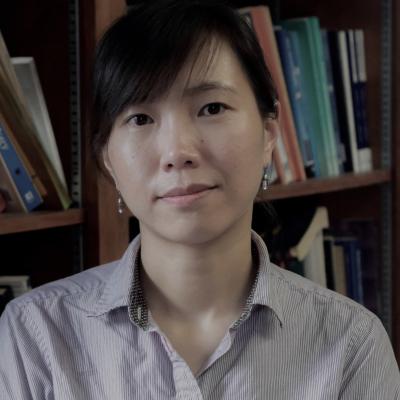
- Joint Ph.D., Sociology and Criminal Justice, Indiana University, Bloomington
- M.A., Criminal Justice, Indiana University, Bloomington
- B.A., Law, Nanjing University, China
I am an Associate Professor in the Department of Political Science at the John Jay College of the City University of New York. My research focuses on law and society, knowledge practices, and gender politics in contemporary China. In a decade or so, I have published articles in the Law & Society Review, Law & Policy, and Sociological Forum. My book, Marriage Unbound: State Law, Power, and Inequality in Contemporary China, was published by Stanford University Press in 2022.
Drawing on extensive archival and ethnographic data, Marriage Unbound shows how women’s legal mobilization and rights contention can forge new ground for our understanding of law and politics, as well as power and inequality, in an authoritarian context. In 2023, this book received several awards, including Herbert Jacob Book Prize for the best book on law and society and Victoria Schuck Award for the best book on women and politics.
In recent years, I have branched out into new research areas. In one project, I examine LGBTQ activism and impact litigation in Chinese society; and, in a related project, I study how state- and society-sponsored knowledge moves come to shape judicial decision-making, respectively. Together, these two inquiries, I hope, will allow me to connect several adjacent research areas: law and society, the sociology of knowledge, and science and technology studies.
- LWS200 Introduction to Law and Society
- LWS225 Introduction to Research Methods in Law and Society
- LWS385 Legal Disruption Project
- LWS425 Colloquium for Research in Law and Society